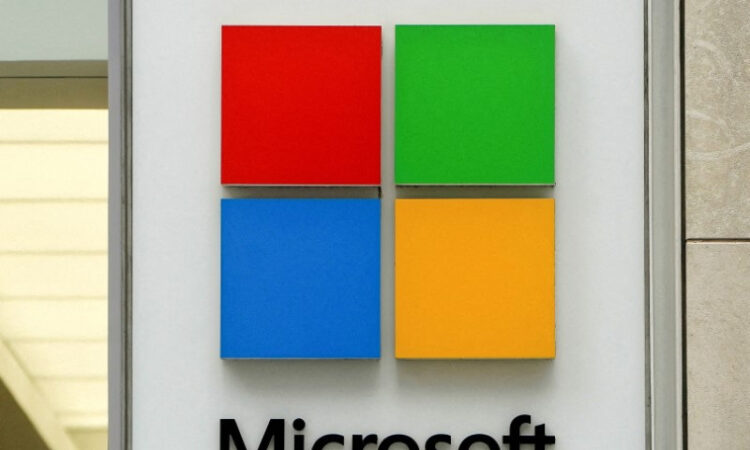
By Foo Yun Chee
BRUSSELS (Reuters) -EU antitrust regulators will seek additional third-party views on the partnership between Microsoft and OpenAI as well Google’s artificial-intelligence deal with Samsung, EU competition chief Margrethe Vestager said on Friday.
The move could lead to investigations and possible sanctions, underscoring the unease among regulators worldwide on Big Tech leveraging its dominance into the new technology.
Vestager had in March sent questionnaires to Microsoft, Google, Meta’s Facebook and ByteDance’s TikTok as well as other big tech companies related to their AI partnerships.
“We have reviewed the replies, and are now sending a follow-up request for information on the agreement between Microsoft and OpenAI. To understand whether certain exclusivity clauses could have a negative effect on competitors,” she told a conference.
Reuters was first to report that EU regulators were building a case that could lead to an investigation into the partnership between the two companies.
The European Commission, which acts as the EU competition enforcer, will not examine Microsoft’s partnership with OpenAI under EU merger rules as the former has not gained control over the latter, Vestager said.
While OpenAI’s parent is a nonprofit, Microsoft has invested $13 billion in a for-profit subsidiary, for what would be a 49% stake.
Vestager also cited concerns about Big Tech’s AI partnerships making it difficult for smaller AI developers to reach users.
“We are also sending requests for information to better understand the effects of Google’s arrangement with Samsung to pre-install its small model Gemini Nano on certain Samsung devices,” she said.
Google in January reached a multi-year deal with the South Korean company to embed its generative artificial intelligence technology in Samsung’s Galaxy S24 series smartphones.
Vestager also said she was looking into “acqui-hires,” where one company acquires another mainly for its talent, as exemplified in Microsoft’s $650-million acquisition of startup Inflection in March that allowed it to use Inflection’s models and hire most of its staff.
(Reporting by Foo Yun Chee; editing by Philip Blenkinsop and Rod Nickel)






